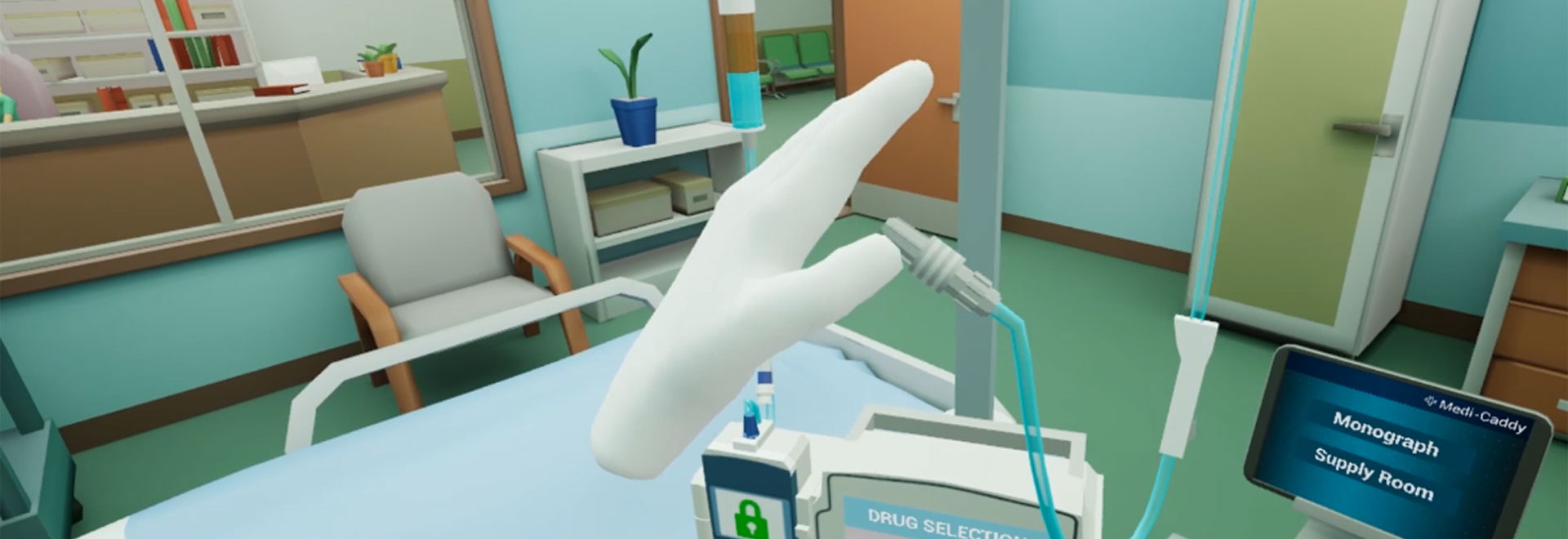
VR – The Next Stage in Soft Skills Training
Why is VR soft skills training the future? The rise of automation and artificial intelligence has increased demand for social skills training. Skills like leadership, conflict resolution, teamwork, and time management cannot be automated. They provide immense value to organizations.
Traditionally, soft skills training relied on in-person sessions with coaches. Employees were exposed to challenging situations to build confidence and best practices. However, these methods are costly, time-consuming, and difficult to scale, and many organizations opt for VR training to improve and develop their team’s social skills.
The Challenges of Traditional Soft Skills Training
Classroom training requires materials, space, and dedicated time for employees. It also reduces productivity as employees spend entire days in training. Post-COVID, limited class sizes further complicate the process.
Organizations now face a training challenge—staff need to develop new skills while maintaining compliance, but in-person training is no longer practical. The solution? VR training apps.
How VR Training is Revolutionizing Soft Skills Development
Immersive training programs have already proven effective for hard skills and is delivering similar benefits for social skills development VR.
1. Empathy Building: Hilton’s VR Training Success
Hilton aimed to improve workforce empathy for better hospitality. After social skills VR app training, 87% of employees changed their behavior. Additionally, VR reduced training time from 4 hours to just 20 minutes.
2. Candidate Assessment: Walmart’s Use of VR
Walmart leverages virtual training to assess candidates for promotions by testing their responses in simulated customer service scenarios. They found VR helps reduce bias and allows employees to experience leadership pressures before stepping into new roles.
3. Inclusive Leadership: PwC’s VR Training Study
PwC compared VR soft skills training with eLearning and classroom training. Results showed:
-
VR trained employees 4x faster.
-
Employees had 275% more confidence in applying skills.
-
Learners were 3.75x more emotionally connected to the training.
Tracking Learner Performance with VR Training
Measuring soft skills development VR performance is different but still valuable. VR apps track:
-
Conversations for keywords.
-
Speaking vs. listening ratios.
-
Questioning vs. statement usage.
-
Tone of voice.
VR also tracks eye contact, head movements, and engagement, providing instant feedback for improvement.
A Cost-Effective Solution
While VR soft skills training has a higher initial investment, it offers long-term savings. PwC found:
-
VR training matches in-person training costs at 375 learners.
-
VR equals eLearning costs at 1,950 learners.
-
VR is 52% cheaper than in-person training for 3,000 learners.
-
VR is 58% cheaper at 6,000 learners.
-
VR is 64% cheaper at 10,000 learners.
The Future of Soft Skills Training in Canada and Beyond
For social skills training Canada, VR provides an immersive learning experience that evokes real emotions. Learners can practice scenarios multiple times, gaining confidence before handling real-life situations.
Soft skill training apps allow organizations to recreate any scenario for any industry, making VR training the ideal solution for modern learning challenges.
